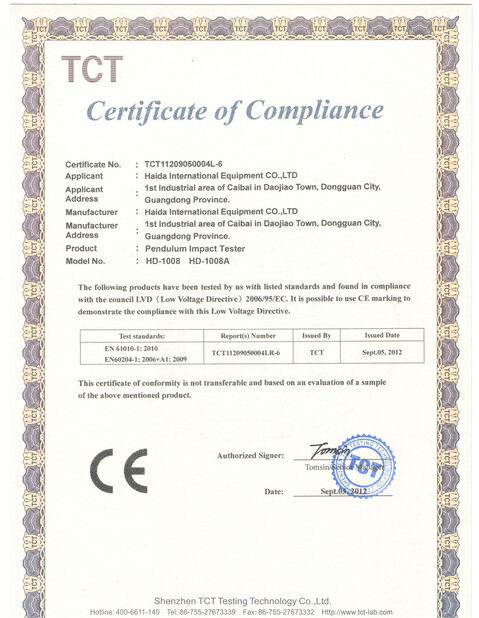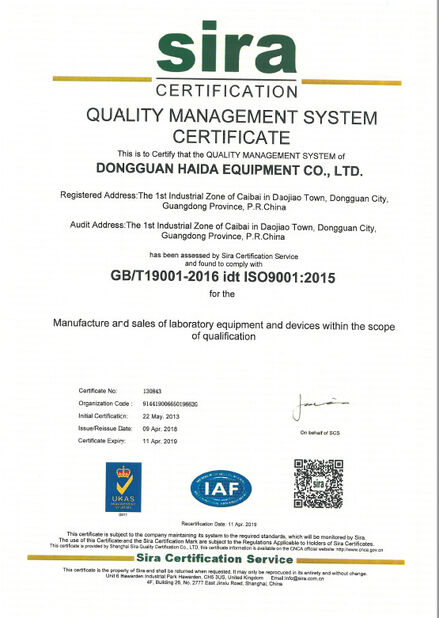Clothes and textiles occupies a pivotal position in people's lives.
With the increase of consumers' awareness of environmental protection and health, in addition to the comfort, safety and functionality of finished products, consumers have also begun to put forward requirements for the quality of textiles at all stages, and began to pay attention to the source control of the supply chain.
Textile manufacturers and exporters are facing unprecedented challenges.

What about textile testing?
Textile testing is a process of inspecting, measuring and evaluating the performance and quality of textile materials (fibers, yarns, etc.) and textile products (fabrics, clothing, etc.). Different countries have different requirements for textile testing, and different laws and regulations have been issued to regulate this.
The physical testing items generally involved are: fiber properties, color fastness, dimensional stability, fabric structure, chemical properties, functionality, appearance quality, etc.; different products, as well as different test requirements and standards require testing. The difference.

If it is for the air permeability of the clothes we wear every day, you can choose this HD-W810 air permeability tester, which complies with ASTM D737, ISO 9237, BS 5636, DIN 53887, AFNOR G07-111, EDANA 140.1, ISO 7231, ISO 9073 -15, JIS L1096-A, TAPPI T251, WSP 070.0.2939-1994 test standards.

If it is for the friction and pilling resistance of textiles, you can choose HD-P306 Martindale Abrasion Tester, which conforms to ASTM D4970, ISO12945-2; ASTM D4966, ISO12947 and other test standards.

Why do textile inspections?
1: Find unqualified products in time to ensure quality and maintain corporate reputation.
2: Find problems in time, feedback quality information, and prompt companies to correct or improve product quality.
3: Maintain the legitimate rights and interests of all parties and the country, coordinate conflicts, and promote the normal conduct of commodity exchange activities.
Quality is not only the lifeblood of products, but also the lifeblood of enterprises. High-quality products cannot do without quality inspection!

 Your message must be between 20-3,000 characters!
Your message must be between 20-3,000 characters! Please check your E-mail!
Please check your E-mail!  Your message must be between 20-3,000 characters!
Your message must be between 20-3,000 characters! Please check your E-mail!
Please check your E-mail! 

